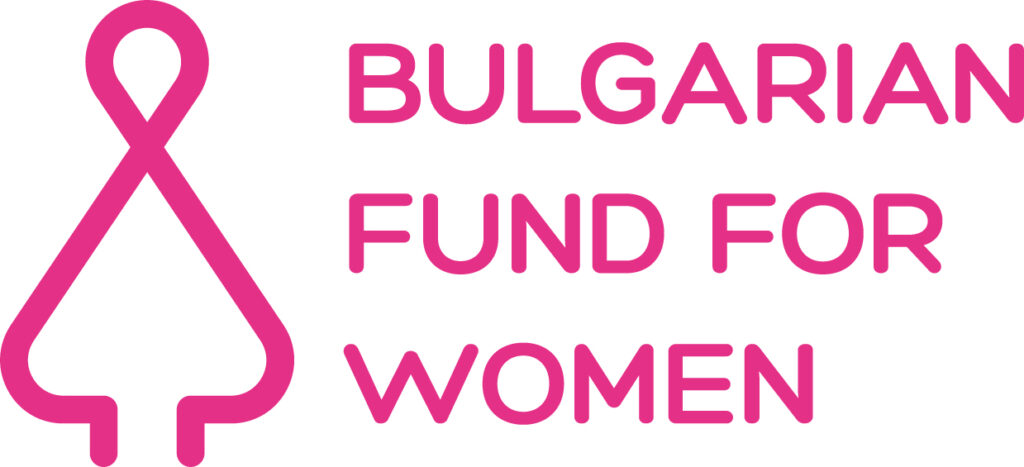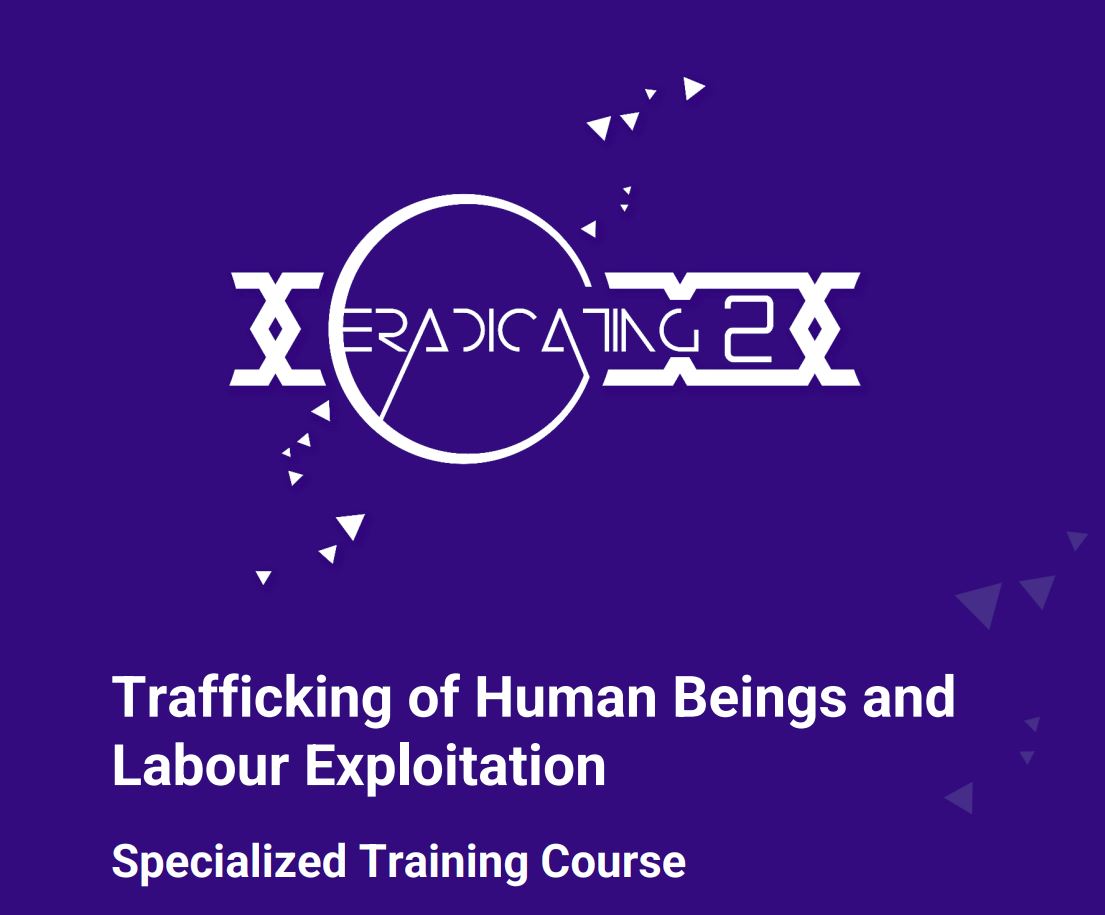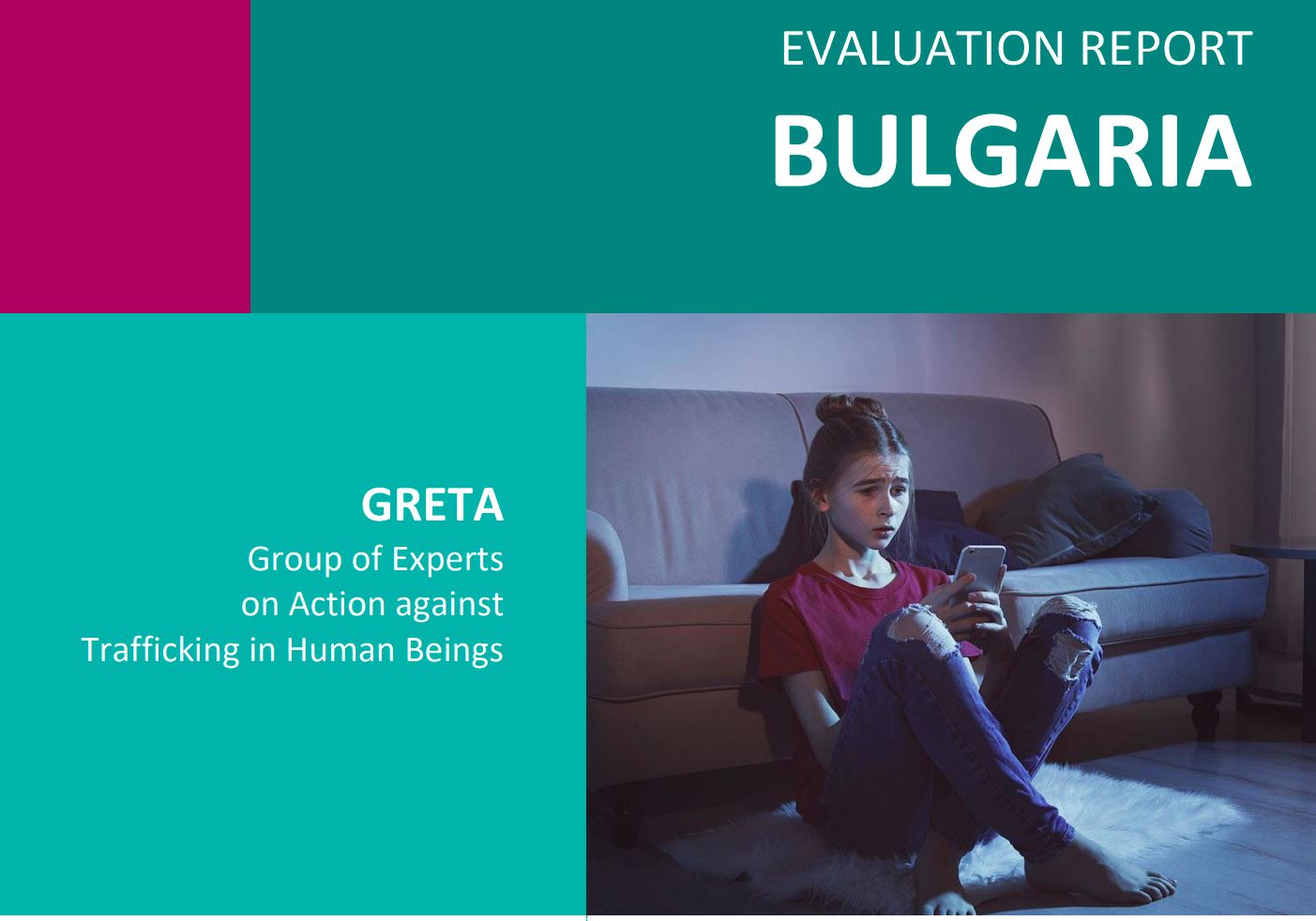Vulnerability and Prevention of Exploitation in Residential Care

Young people raised in specialized care services often leave the system without stable support and without a reliable social network. At the same time, data from the United Nations show that children continue to be among the main targets of traffickers, with numbers steadily increasing.
A 2022 analysis by the Dignita Foundation highlights that children and youth in Family-Type Placement Centers (FTPCs) often lack long-term emotional connections with adults, relationships typically developed in a family environment. Despite the efforts of care services to provide safety and support, they cannot fully substitute the need for trust, belonging, and consistent guidance.
This vulnerability is further compounded by factors such as social isolation, lack of life skills, and the absence of a supportive environment after leaving care. Many of these young people fall into the NEET category, those not in employment, education, or training, which makes them especially susceptible to manipulation and promises that mask exploitative schemes. Social media, fake job offers, and emotionally manipulative relationships are among the most common recruitment methods used by traffickers.
Prevention Begins Within the System
Effective prevention of human trafficking must begin during the period when young people are still in care. This is when they are most vulnerable, but also most reachable. For protection to be meaningful, professionals in the social services must be able to recognize early warning signs like sudden behavioral shifts, secretive relationships, or signs of dependency. Risk awareness should be part of everyday practice.
On 26 June 2025, the Dignita Foundation launched an awareness campaign across child social services in Sofia. The training, titled “Early Identification and Prevention of Human Trafficking Among Youth in Residential Social Services”, brought together over 20 participants from across the city – directors, social workers, and psychologists from FTPCs, Community Support Centers, and the Crisis Center for Children Victims of Trafficking.
This training is part of the initiative “Stronger Together: Access to Rights and Empowerment” under the FORCE project of the Bulgarian Fund for Women. The initiative focuses on addressing the most severe forms of gender-based violence, with particular attention to the protection of women and girls from an early age and in vulnerable contexts.
Key Topics
The training focused on themes directly relevant to the daily work of care professionals. We explored real-life scenarios in which youth may be exposed to exploitation, and examined the psychological strategies traffickers often use to build trust and gain control. Participants strengthened their skills in identifying risky behavior, knowing when and how to act, and understanding how to engage institutional support effectively.
We also sought feedback on the development of our “Independent Life” mentoring program, which will offer one-on-one support to young people preparing to leave care. The goal is to provide continuity, guidance, and trusted adult connection during the vulnerable transition to independence.
Next Steps
This autumn, we will begin a new phase of the project with direct training sessions for youth in several FTPCs across Sofia Region. They will focus on building awareness, strengthening self-protection skills, and creating a safe space for open discussion and reflection. We believe change begins when vulnerable young people have someone they can trust.
We invite all interested social service providers to contact us at: office@dignita.bg
With the financial support of the Bulgarian Fund for Women and the European Union. The views and opinions expressed, however, are solely those of the author(s) only and do not necessarily reflect the views of the Bulgarian Fund for Women, the European Union or the European Commission Directorate-General for Justice and Consumers. Neither the Bulgarian Fund for Women, the European Union, the European Commission, nor any of their respective structures or entities can be held responsible for these actions or outcomes.


Latest News:

Vulnerabilities to Labour Exploitation: Field Insights from Kardzhali and Shumen

How Institutions Can More Effectively Counter Labour Trafficking
